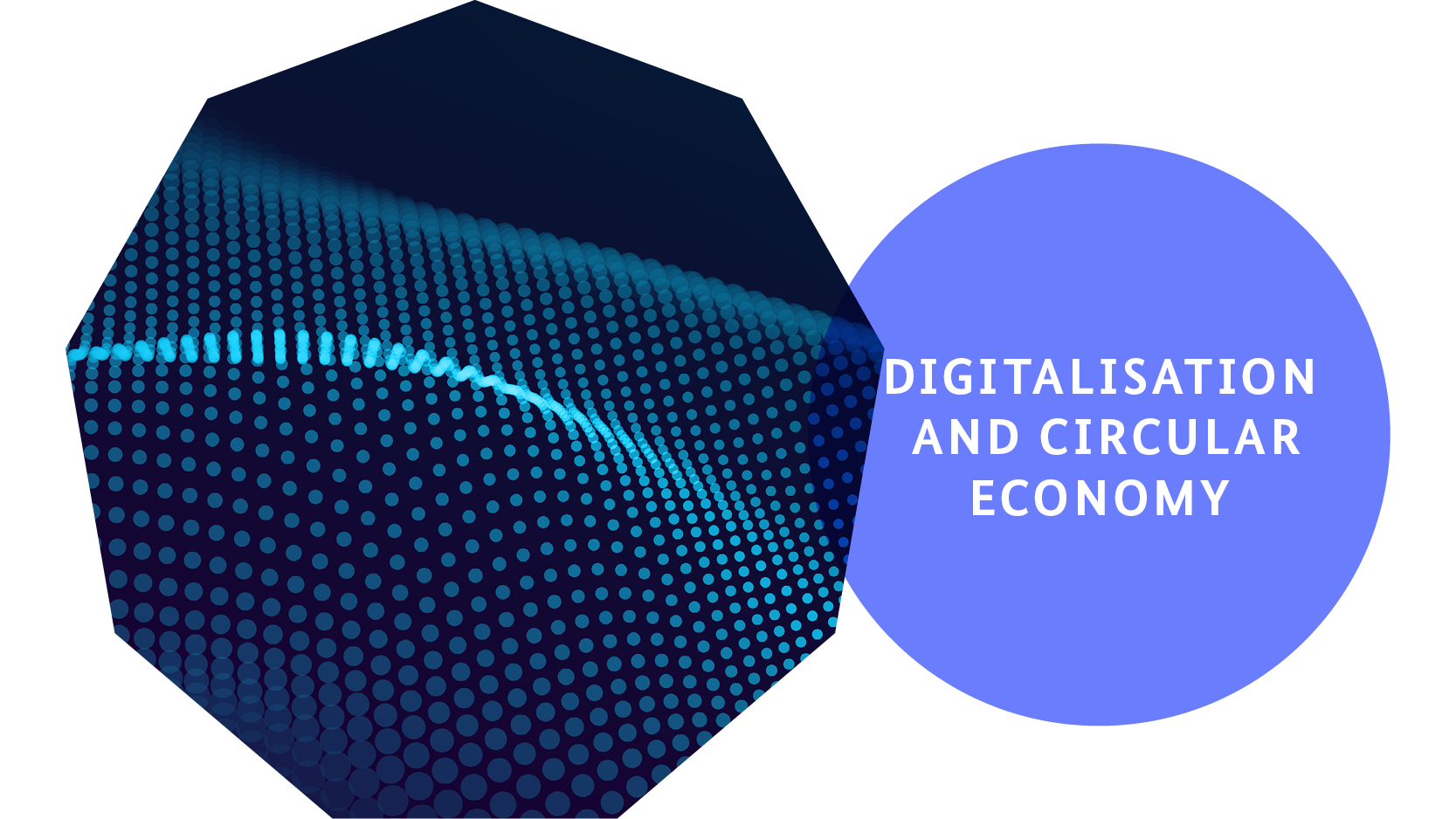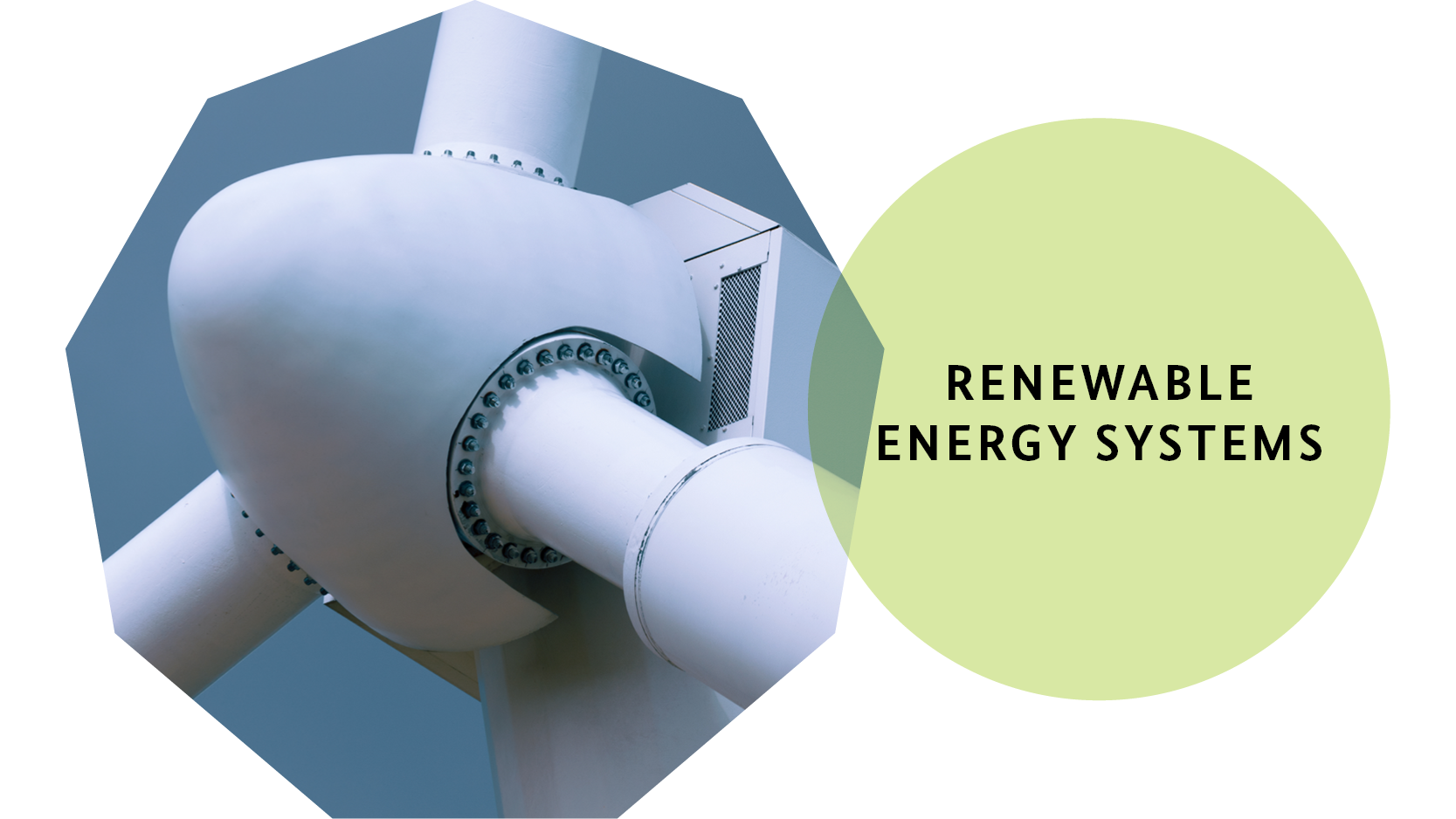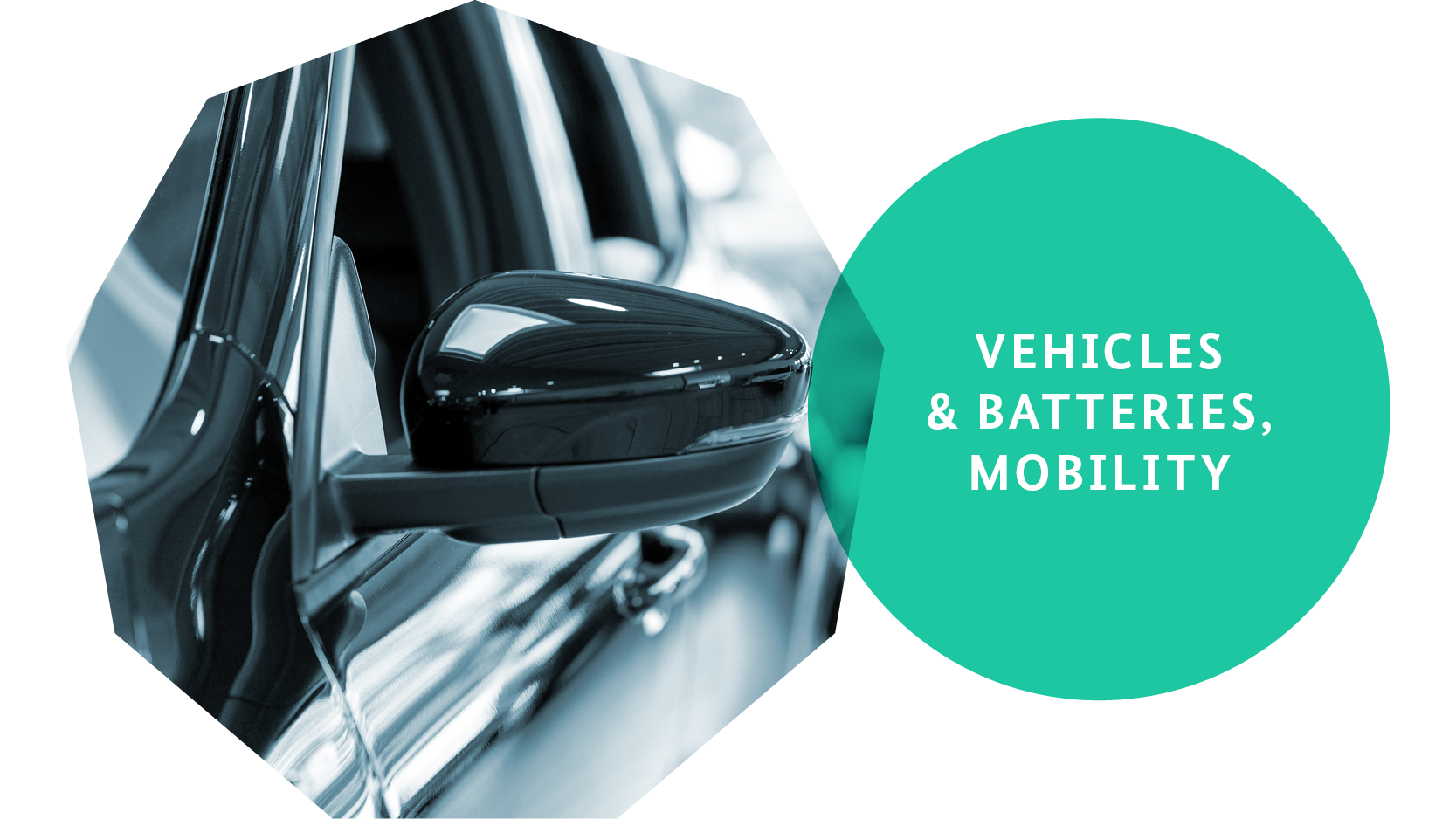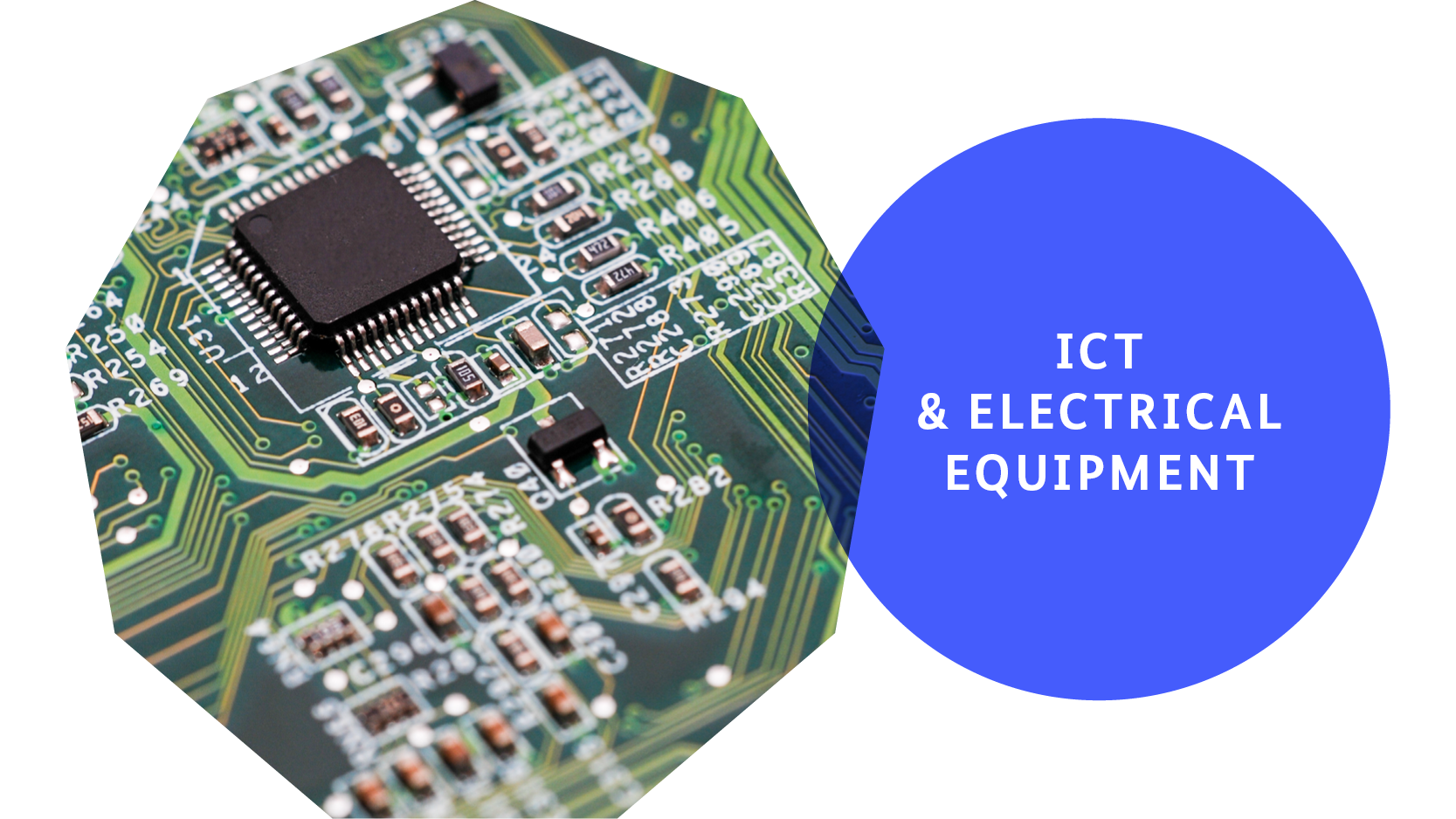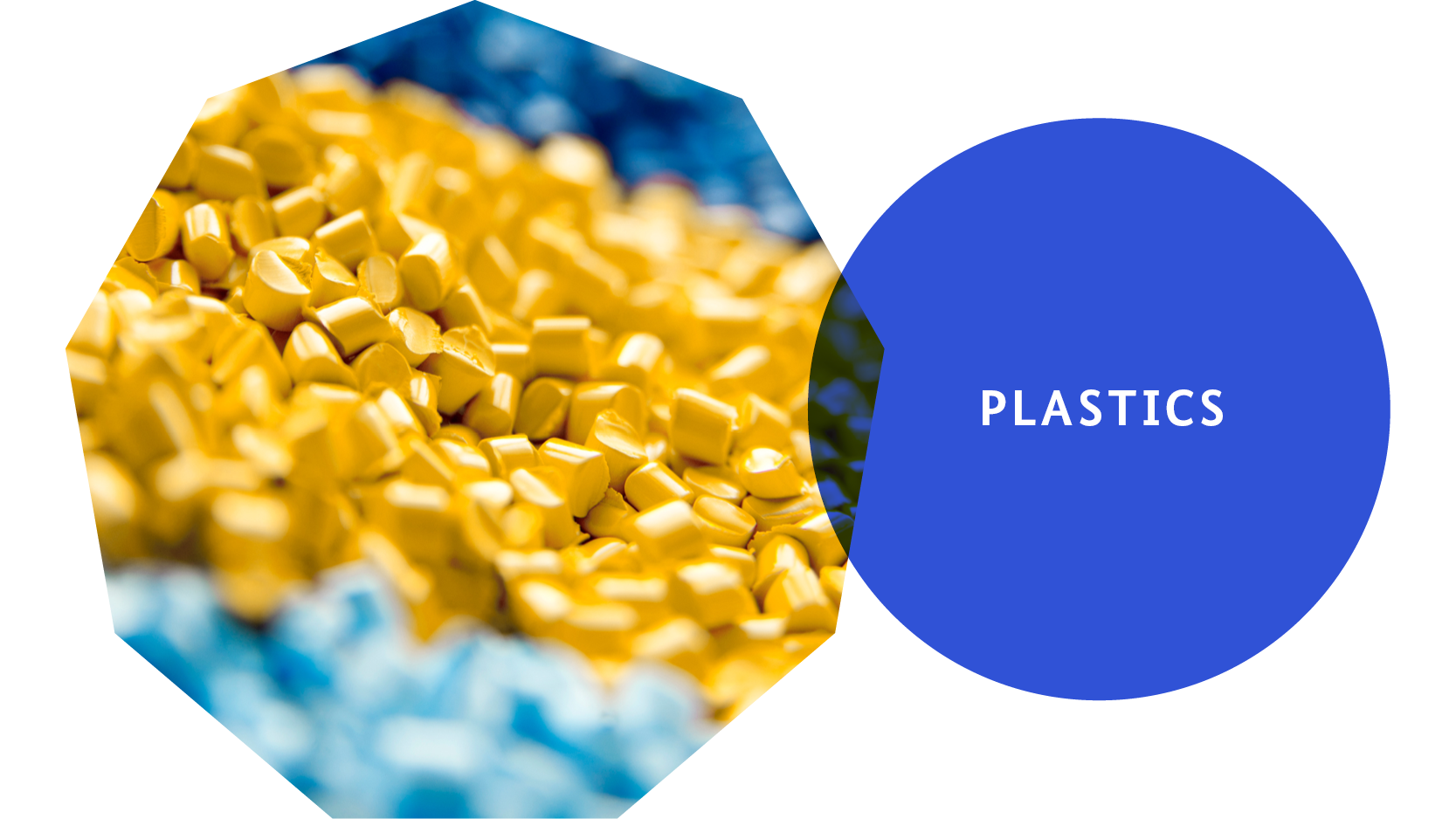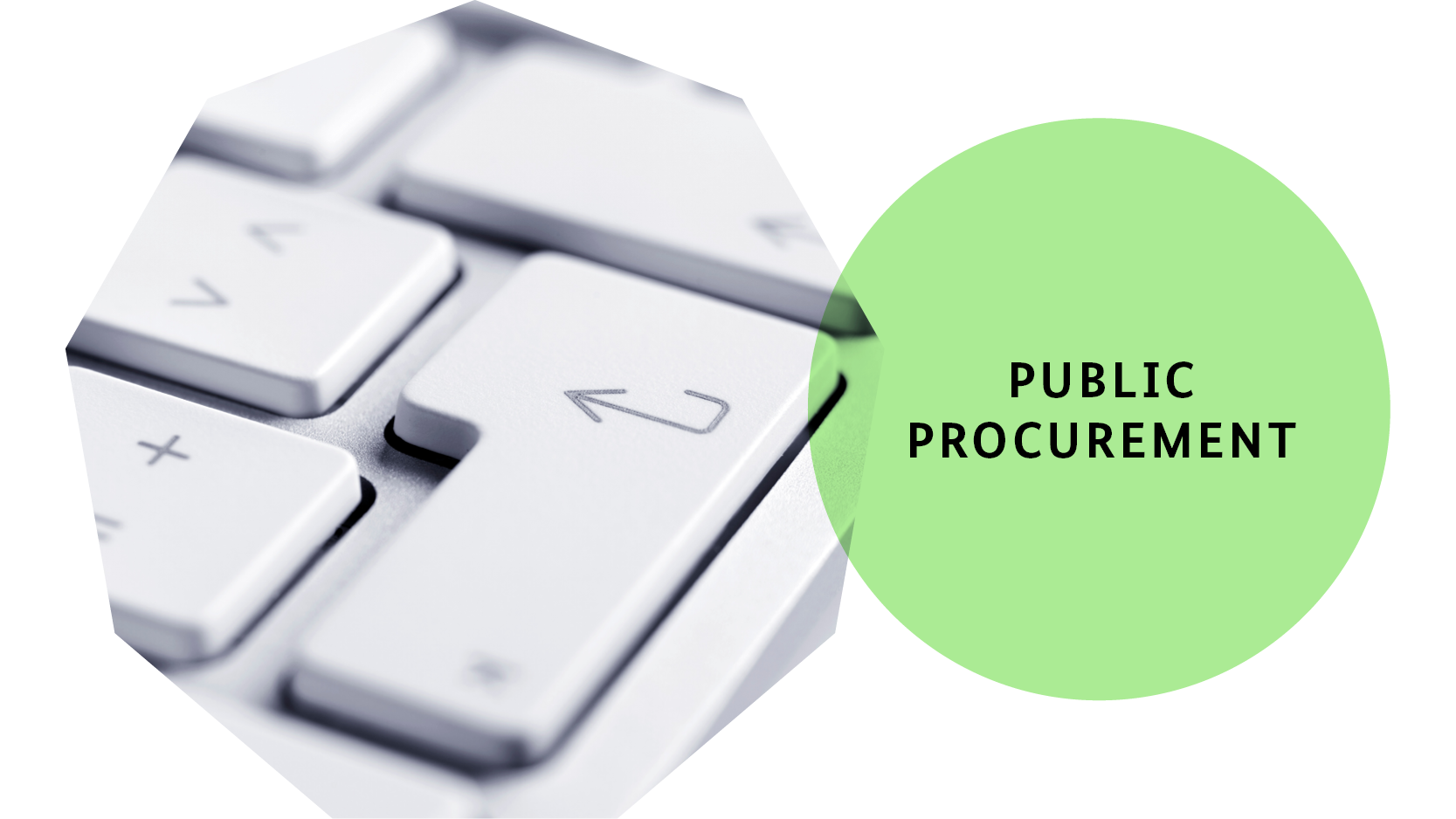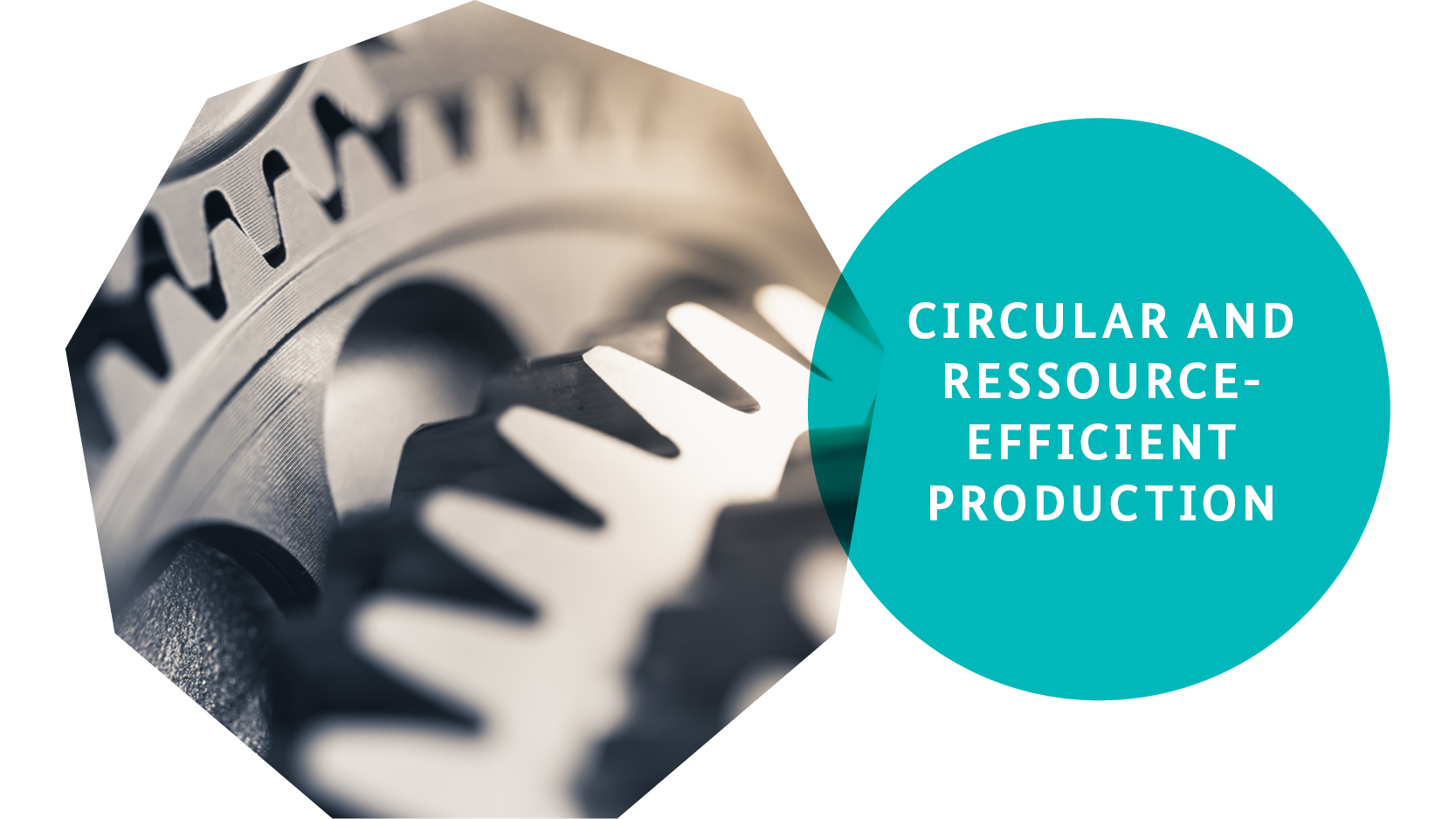Action Areas
The strategy outlines a comprehensive set of measures to achieve its goals across various action areas. These include legislative initiatives, digital technologies, funding programmes, research, training, public procurement, and knowledge transfer.
Strengthening digitalisation is essential for seamless integration within the circular economy. A key tool is the digital product passport (DPP), which will consolidate critical product information, such as material composition and repair instructions.
Realigning product and system design is crucial, as the effectiveness of the circular economy starts at the design stage. Increasingly, products entering the EU market—from refrigerators to jeans—should be designed for durability, repairability, and recyclability.
Resource-efficient production minimizes raw material use, cutting costs and benefiting the environment. The Federal Government will support companies, especially SMEs, through targeted funding programmes, such as digital tools for resource-efficient production, as well as advisory and training initiatives.
Promoting consumption for durable products empowers consumers to embrace the circular economy. Recognizing widespread demand for repairable products, the German government will actively implement the European right to repair and foster local repair initiatives.
Using public procurement as a lever is vital, as federal, state, and local governments are key market players. By prioritizing durable, efficient, and recyclable products, they can stimulate supply and set a benchmark for economic and environmental sustainability. That is why we want to align all legal requirements with procurement based on the principles of the circular economy.
The ten action areas outlined below are not exhaustive but focus on areas with the greatest potential to drive the transition to a circular economy.
The NCES identifies specific goals, measures and instruments for selected sectors and material flows along these ten action areas. These were discussed or introduced as part of an extensive participatory process involving participants from business, civil society, environmental and consumer protection associations, and the Länder.
On the next page:
